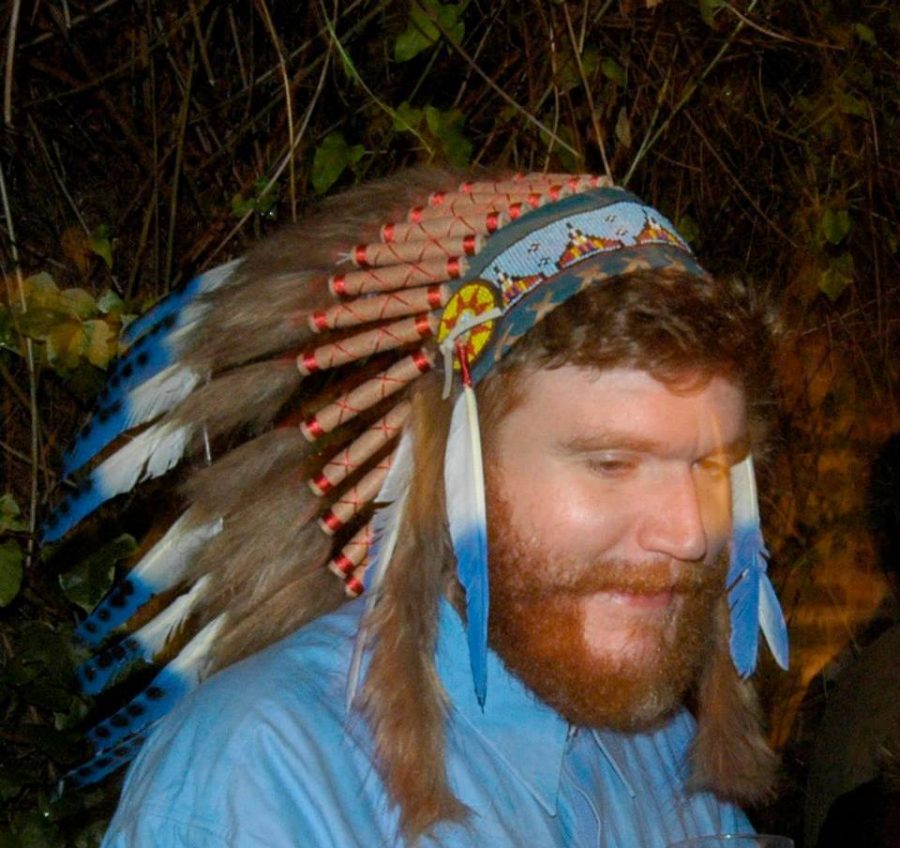With Halloween right around the corner, many students are putting together the finishing touches on their costumes. Some love to cosplay, some make you laugh, and some dress to impress.
Wearing another character can be one of the best parts of the pagan holiday, but when do these playful garbs go too far?
Halloween is all fun and candy until someone appropriates another’s culture. Cultures and ethnicities are not costumes. Some may disagree — after all, take a stroll through Evangeline’s Costume Mansion in Old Sacramento and you will find countless costumes that play on stereotypes. It’s just a costume, no one is getting hurt right? Wrong.
Cultural appropriation is not just borrowing customs and ideas. When someone from a dominant group puts on the culture of a marginalized group, it robs people of their traditions and livelihood by reinforcing racist stereotypes while remaining ignorant to most historical contexts.
For example, sexualizing indigenous culture by wearing vague Native American-inspired costumes trivializes hundreds of years of colonialism and genocide.
You can wear the outfit for the night, but spend the other 364 days of the year ignoring issues like the North Dakota Pipeline or the fact that that one in three Native American women today have been raped or experienced attempted rape.
Non-Hispanic people may admire the aesthetic of Calavera makeup worn for Dia de Los Muertos (Day of the Dead) but ignore the cultural significance of a sacred indigenous holiday completely separate from Halloween. Worse still, these offenders can look away when 43 Mexican-American students are kidnapped and murdered or when Mexican Americans and other Hispanic groups are attacked by a presidential candidate who calls Mexican immigrants rapists and criminals and advocates for a wall on our southern border.
Some white people may dress as Rastafarians with beanies, fake dreadlocks and weed necklaces (God forbid blackface), while learning nothing about the religion itself. Additionally, people can wear this fake hair for a day while schools and employers are allowed to ban dreadlocks and other traditionally African-American hairstyles.
I could continue with countless other examples, but you get the idea.
Some may say this is being “too sensitive” and that they have the right to wear any costume they please. This may be true, but the First Amendment also protects the right to be a neo-Nazi.
Cultural appropriation on Halloween does not inherently make you an awful person. Most people who wear these costumes probably do not do so maliciously, but they need to understand their actions do more harm than good. These practices continue the violent tradition of colonialism in America, silencing oppression while the costume manufacturers and distributors profit.
The solution? Get more creative this Halloween. There are so many costumes out there that you can wear and enjoy without exploiting other ethnicities and cultures.



































































































































Mark Blackwell • Oct 29, 2016 at 9:41 pm
Very well stated!